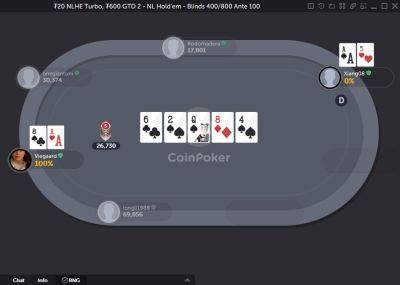SEC Chair Gary Gensler signals that disclosure will be a key issue in the year ahead
The annual two-day «SEC Speaks» event kicked off Tuesday, offering clues to what the priorities will be for the Securities and Exchange Commission in the coming year.
Sponsored by the Practicing Law Institute, it is a forum where the SEC provides guidance to the legal community on rules, regulations, enforcement actions and lawsuits. The event allows the SEC to get its main messages across, and this year a key issue is «disclosure.»
"[W]e have an obligation to update the rules of the road, always with an eye toward promoting trust as well as efficiency, competition, and liquidity in the markets," SEC Chair Gary Gensler said in his introduction to the conference. Besides Gensler, all the SEC division heads and senior staff will be speaking.
Based on Gensler's introductory remarks, there will be discussions about the upcoming move to shorten the securities settlement cycle from two days to one (T+1, which takes place May 28), the expansion of the definition of an exchange to include more recent trading platforms (like request-for-quote, or RFQ, electronic trading platforms), consideration of a change in the current one-penny increment for quoting stock trades to sub-penny levels, creation of a best execution standard for broker-dealers, and creation of more competition for individual investors orders (so-called payment for order flow).
You often hear SEC officials say the role of the SEC is to «protect investors, maintain fair, orderly and efficient markets, and facilitate capital formation.»
That sounds like a pretty broad mandate, and it is. Deliberately so. It came out of the disaster of the 1929 stock market crash, which was the initial event in the greatest economic catastrophe of the last 100 years: the Great
Read more on cnbc.com





















